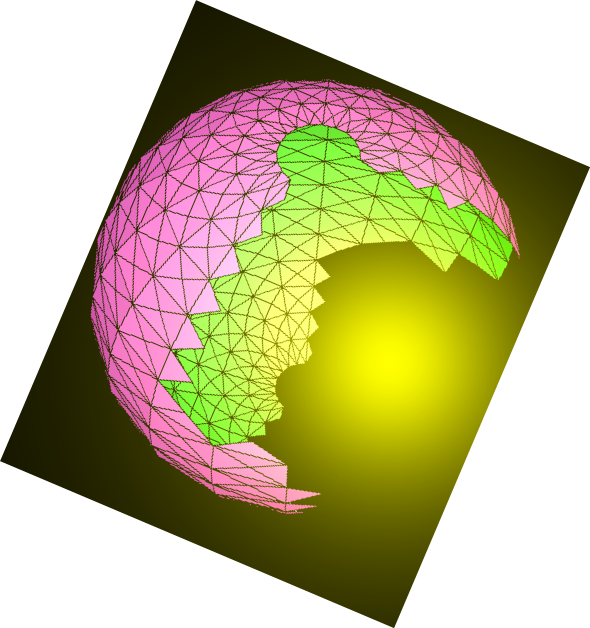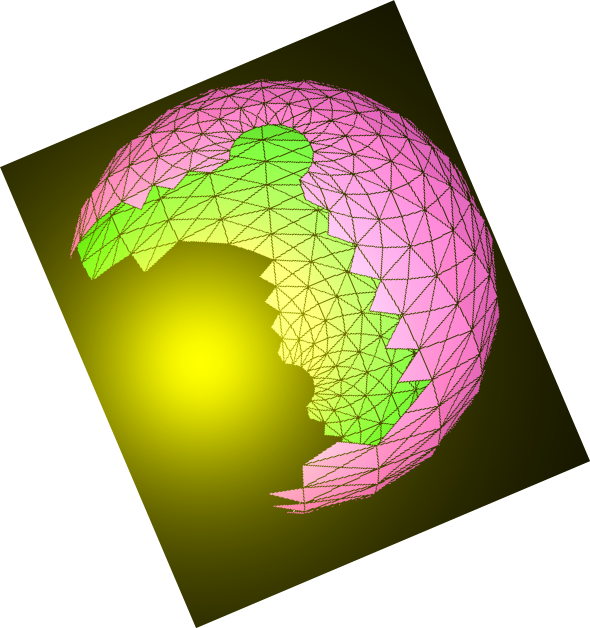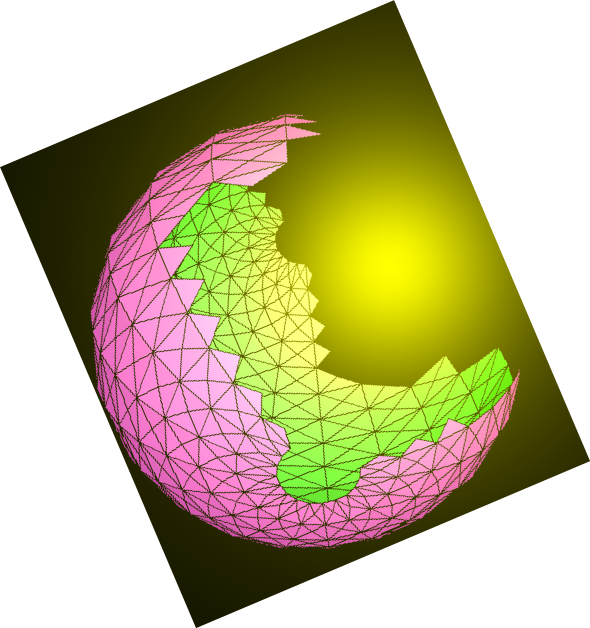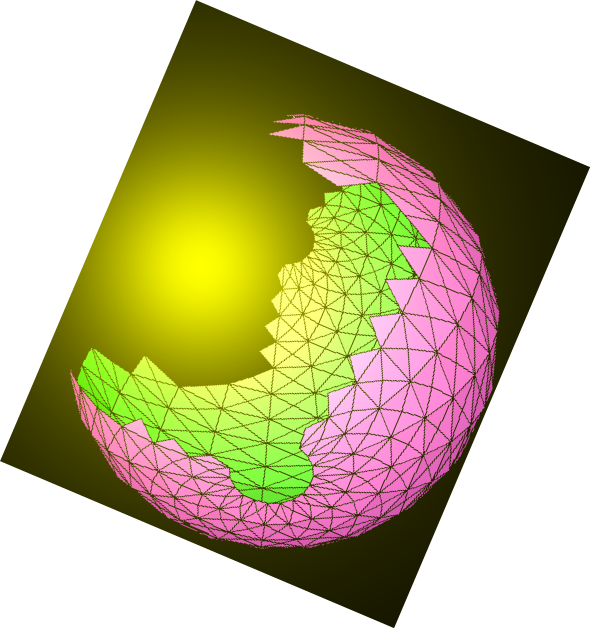
N.S.B. Cosmic Center

Literary Adventures
This page will take you into pieces of literature that are carefully selected for their great content at the literary, scientific, or philosophical level. A short selection will be presented in full. A long one will be divided into sections that will be refreshed regularly. Emphasis and highlights are mostly ours, not made by the original author.
Here is our current selection:
Supernature By Lyall Watson
Part Three - Mind
"The answer is yes or no, depending on the interpretation." --Albert Einstein, in Scientific American, April 1950.
Matter is a form of energy. Living matter is energy organised in such a way that it retains its unstable state. The brain is that part of living matter given over to the coordination of such organisation. So far so good, but the next stage of evolution is impossible to describe in these simple, mechanistic terms. Life is an affair of chemistry and physics, but the mind is not amenable to this kind of analysis; it seems to be independent of energy.
Mind is something we experience, rather than something we observe. The physiologist watches an electric tide that sweeps across the living brain and rightly interprets this as one of the signs of mind, but his instruments cannot cope with the monster that produced these ripples on the surface. The ethologist studies patterns of behavior, and in these, too, he can see manifestations of mind; he can even produce behavioral changes that seem to depend on a change of mind; but none of this gets him very much closer to the problem. The mind is responsible for awareness, and probably the greatest contribution yet made by comparative ethology is the discovery that something like consciousness exists in other species and must have evolved a number of times in the course of evolution.
During the past five million years, evolution seems to have concentrated most of its creative energy in the process of human development. This intensity has produced a species substantially different from even his nearest living relatives, but I believe that even in the nebulous affairs of the mind this difference is largely one of degree. I have no intention of belittling the importance of the distinctions between man and other animals, but I cannot agree with those who would place man outside the order of nature. Lists of distinctive human characteristics usually include such things as his capacity for abstract thought, his ability to make and use symbols, and his engagement in apparently meaningless patterns such as play. But we now know that even birds can form abstract concepts--ravens can be taught to choose a food dish on the basis only of the number of spots with which it is marked.
The dance language of the bees is a marvel of symbolism, indicating by movements such complex information as what to look for, in which direction, how far, and what lies in the way. And play not only occurs in animals but can take on almost esthetic overtones--as in the absorption and skill shown by a chimpanzee with a paintbrush.
To me this continuity suggest that none of man's qualities is new. No component of our brain or behavior has been added by supernatural means to make us what we are. Not one of our abilities can be denied to some other animal somewhere, but what we have done is to arrange everything in an entirely new way. Man is a unique pattern, a new and powerful combination of old talents. For a long time, one or more of these abilities has been predominant and effectively masked the others, but we are now beginning to rediscover more of our extraordinary gifts.
In this section I want to look at some of the signs of mind and at the strange things we can do with it.
Next

Home
N.S.B. Cosmic Center
